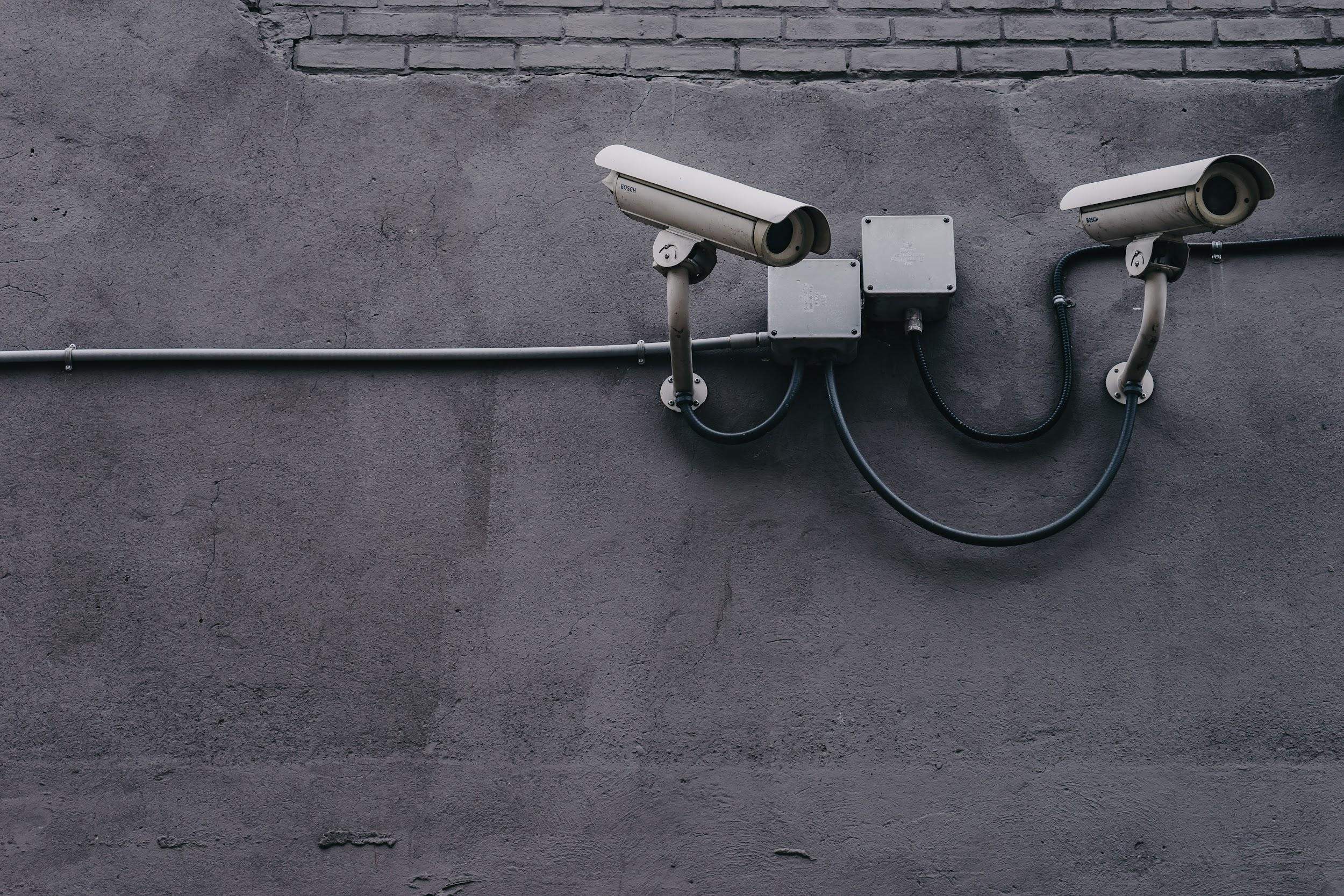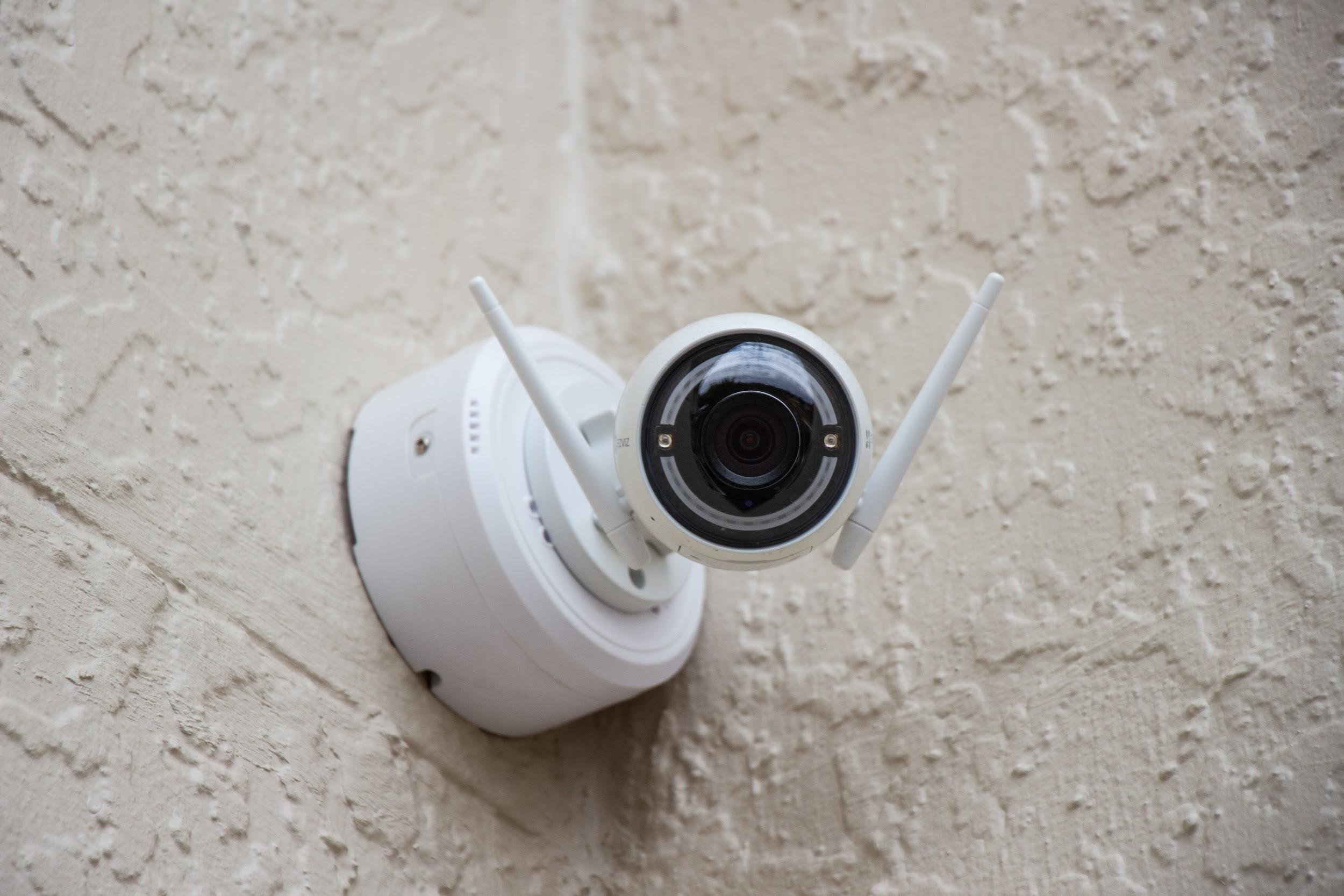Wireless vs. wired video surveillance is one of the top five hallmarks of residential security.
Thanks to the constant innovations in security cameras, you can now be more confident in your security plan.
How confident should you be, though?
Having cameras installed in strategic places around your house is a good start, but you need to use the right cameras too.
If you can’t seem to decide on what cameras to use for your surveillance system, that’s alright. This article will highlight the critical differences between wireless vs. wired security cameras.
Let’s kick off with wired cameras.
Wired Home Security Cameras

Specific surveillance systems propel security cameras. Wired security cameras work with two major surveillance systems.
- Digital Video Recorder. (DVR)
- Network Video Recorder. (NVR)
A DVR setup consists of a recording device and multiple cameras designed for a 24/7 uptime.
The cameras are hardwired to two slots; the Internet and a power source.
Here are some of the dominant features of DVR cameras.
- Generally, DVR cameras have no secondary power source. In other words, a power outage would leave them blind.
- They depend solely on wired connections for power and Internet connection.
- Power and Internet connectivity run through different cables.
In contrast, you can power and connect NVR systems to the Internet via one cable.
NVR cameras tend to have higher video feed quality than DVR cameras and sometimes come with a motion detector.
Note, both systems share one common feature— an app that allows you to view recorded and live footage. Still, you can only watch a live feed using a dedicated computer.
Wired Home Security Cameras

Think of a wireless security camera as a regular wired camera. However, wireless cameras rely on WiFi connectivity to relay a feed.
And like their wired counterpart, wireless cameras are also hardwired to a power source.
There are battery-powered wireless cameras, but these cameras are categorized as wire-free cameras.
What’s the difference?
Wire-free cameras have no wired connections to a source, and they only run for as long as their batteries last.
The most distinctive features of wireless security cameras are:
- Motion and sound detector.
- Simple installation.
- Two-way audio setup.
- Machine learning.
- Smartphone-supported live feed.
Now that you can tell wired and wireless cameras apart, which do you prefer?
Whatever you choose, you can be confident that Praetector will provide you with the best camera technology quality possible.
Click here to learn about the legal requirements involved in setting up a residential surveillance system.
